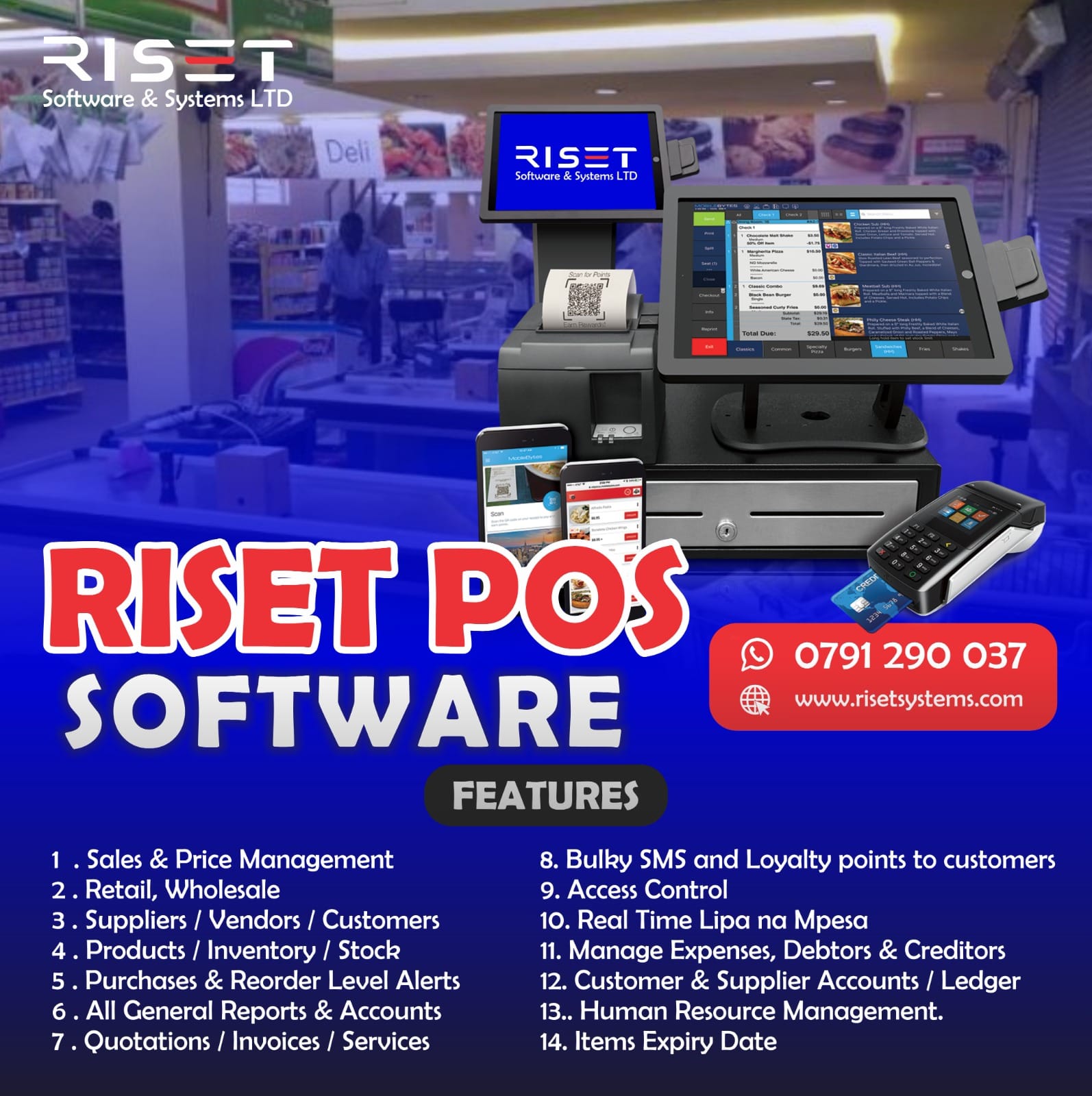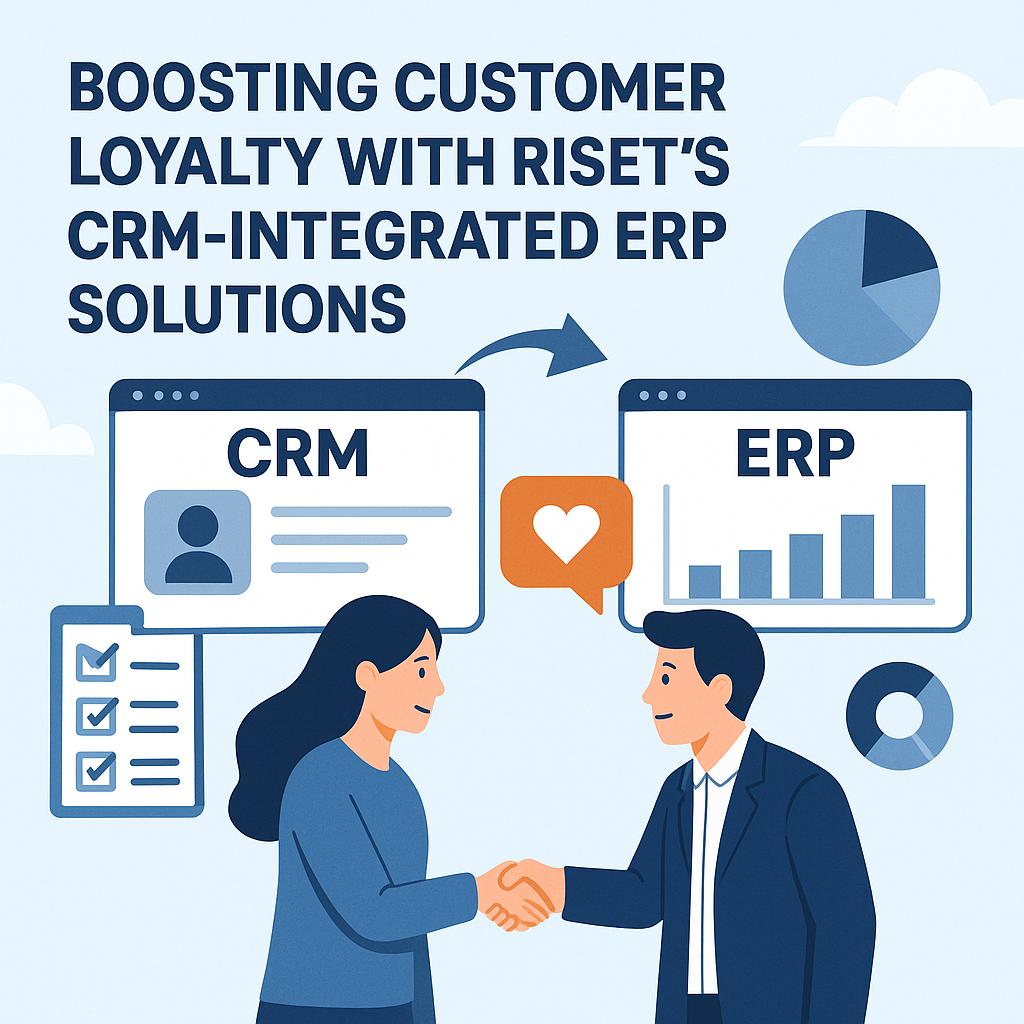- Home
- About
- Products
-
Service
- Logistics
- Point Of Sale(POS)
- School Management/E-learning
- Health Systems
- Software and Integrations
- Security
- Rental / Property / Realtors / ERP Management
- Manufacturing
- Restaurant / Bar / Hotel / Cafeteria
- Ethiopia
- South Sudan
- Rwanda
- Singapore
- Sacco, Loan, or Microfinance
-
Solution
- Logistics
- Point Of Sale(POS)
- Pharmacy/ Clinic
- School Management/E-learning
- Hospital
- Software and Integrations
- Security
- Room /Rental Management
- Manufacturing
- Ethiopia
- South Sudan
- Rwanda
- Singapore
- Blog
- Client
- Contact
- Careers
- Quotation

What to Consider When Opening a Business in Kenya: Key Factors for Success
- How To Start a Business in Kenya
- March 20, 2025
-
Market Research
Before launching your business, conduct comprehensive market research to understand your target customers' needs and preferences. Analyze competitors in your chosen sector, identify your ideal market, and assess potential barriers or challenges your business may encounter. This research helps position your business effectively in the market. -
Business Registration and Legal Requirements
-
Business Registration: Register your business with the Business Registration Service (BRS) or via the eCitizen platform in Kenya.
-
Permits and Licenses: Depending on the nature of your business, you may require various permits and licenses to operate legally. These requirements vary based on your business type, industry, and location.
-
Taxation and Compliance: Register with the Kenya Revenue Authority (KRA) for tax purposes, ensuring compliance with VAT, corporate tax, and PAYE (if employing staff). It's crucial to understand the Tax Compliance Certificate for smooth operations. Consider using eTims for real-time compliance tracking.
-
-
Financial Considerations
-
Capital Investment: Ensure you have sufficient capital to cover initial business expenses such as licensing, equipment, inventory, and marketing costs. Proper financial planning is essential for long-term success.
-
-
Location and Infrastructure
-
Choosing the Right Location: Select a location that is easily accessible to your target market and conducive to your business operations.
-
Access to Infrastructure: Ensure the location has reliable access to electricity, water, internet, and transportation, all of which are critical for business functionality.
-
-
POS/ERP Software System
-
POS/ERP Solutions: Consider integrating a robust Point of Sale (POS) or Enterprise Resource Planning (ERP) system to streamline your business operations. Riset Software & Systems LTD Riset POS / ERP offers comprehensive POS, ERP, Accounting, and Booking Systems tailored to your needs.
-
-
Labor Market and Human Resources
-
Hiring a Skilled Workforce: Provide training and development opportunities to enhance employee skills, or recruit from institutions like Kenya’s universities and technical schools.
-
Labor Laws: Familiarize yourself with Kenyan labor laws, including regulations on minimum wage, employee contracts, working hours, and benefits. The Employment Act outlines employee rights, sick leave, and termination procedures.
-
-
Marketing and Branding
-
Branding and Marketing: Creating a strong brand identity is crucial in Kenya’s competitive market. Develop a memorable brand logo, name, website, and consistent visual elements to ensure recognition.
-
Digital Marketing: With the growing digital landscape in Kenya, leveraging online marketing tools like social media (Facebook, Instagram, TikTok), SEO, email campaigns, and influencer partnerships is key to reaching a broad audience.
-
-
Risk Management
-
Insurance: Protect your business by securing insurance, such as property, liability, and employee health coverage, to mitigate unforeseen risks.
-
Economic Factors: Stay informed about the Kenyan economic environment, including inflation, interest rates, and potential government policy changes. Diversifying your offerings and managing costs can help buffer against economic downturns.
-
-
Business Plan
-
A well-crafted business plan is essential for navigating the startup journey. It serves as a roadmap for success, helping you stay focused, attract investors, and overcome challenges. A clear business plan also ensures you're organized and aligned with your goals, guiding you as your business evolves and grows
-




Share This News